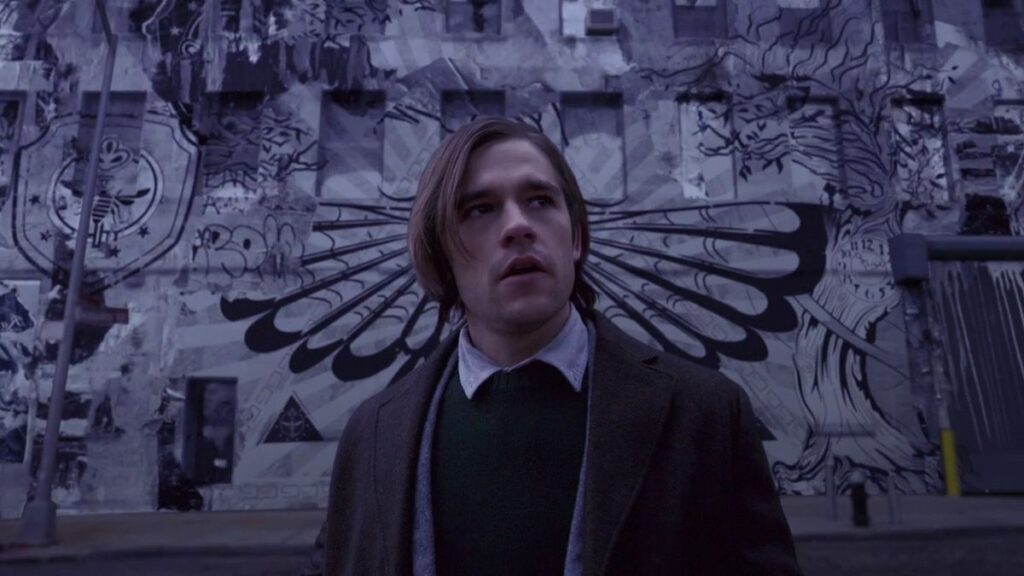As far as seminal fantasies go, you can’t get more fundamental than King Arthur. Told and retold across centuries and cultures, Arthurian folklore is arguably the wellspring from which we get the Western idea of fantasy literature. Its various keepers, embellishers, and recorders were the early genre lit scene, their audience perhaps a primordial form of Tumblr community. In other words, few stories in the English folk tradition have been remixed and commented on as much as the legend of King Arthur. So why is The Magicians’ Lev Grossman trying to come up with a new one?
To Grossman’s credit, his forthcoming novel The Bright Sword: A Novel of King Arthur is starting from a sideways place. The story begins with a bold young knight of little renown named Collum, off to Camelot to seek an audience with the Round Table and join their ranks. There’s only one problem: He’s too late. The story’s over. Arthur died two weeks ago, and the only knights left at the Round Table are the minor characters that only the most passionate fans of Arthurian folklore might recognize, like Sir Palomides, the Saracen Knight, or Sir Dagonet the fool.
Call it the millennial experience transposed onto Camelot; arriving in the big city full of hopes and dreams to find the economy is in freefall, all your heroes are dead or awful, and no one is coming to save you. Even with only one previous trilogy of adult fantasy under his belt, the premise is indelibly Lev Grossman.
Grossman is most famous as the author of the Magicians trilogy of novels, a mature take on young adult fantasy tropes exemplified by C.S. Lewis’ The Chronicles of Narnia or J.K. Rowling’s Harry Potter. Beginning with 2009’s The Magicians, Grossman began his compelling and methodical deconstruction via what wasn’t in his fantasy yarn. In Grossman’s world, mastering magic was not easy, nor for kids, nor without terrible consequences. The Chosen One was painfully deluded, and the fantastic realms he journeyed to were not happy to have him.
By the time Grossman wrapped his trilogy with The Magician’s Land in 2014, the author had revealed his story was interested in much more than caustic deconstruction. It was instead a humane and empathetic work about moving past the stories we hold dear and how they inflate our sense of importance. Particularly vital at a time when genre literature had a lot of work to do to diversify its outlook, Grossman’s trilogy took great pains to decenter its white, straight protagonist and his toxic worldview, using the very stories that he loved, the stories that he believed made him who he was. (The television adaptation of his trilogy on Syfy would further this mission, not just decentering the white male protagonist but examining what it would look like to cede that spotlight and narrative drive to those on the margins.)
What makes Grossman’s fantasy work compelling is its relentless interrogation. Reading him, one gets the sense that he, like the reader, was raised on a steady diet of fable and fantasy, and while it has done tremendous things for him, he is more interested in how it is possible for people to love the same stories and come out sour. Are the stories broken? Or are their readers?
Grossman has openly talked about his desire to tell an Arthurian story for over a decade, while he was still working on the Magicians trilogy. And while on its surface, The Bright Sword looks to be another work of deconstruction, it comes across as the opposite, an attempt to tell a new legend in the ruins of an old one. A chance to see if all those old romances still have some magic in a world that seems devoid of them. A quest, if you will.
The Bright Sword goes on sale July 16.

